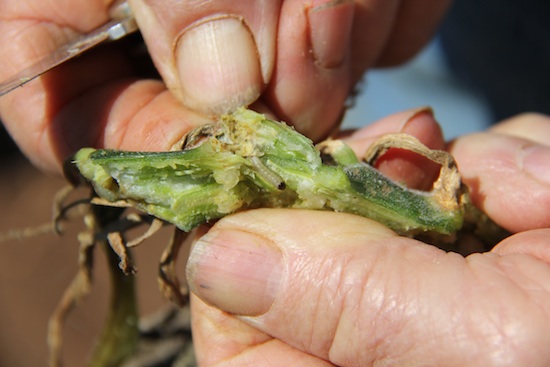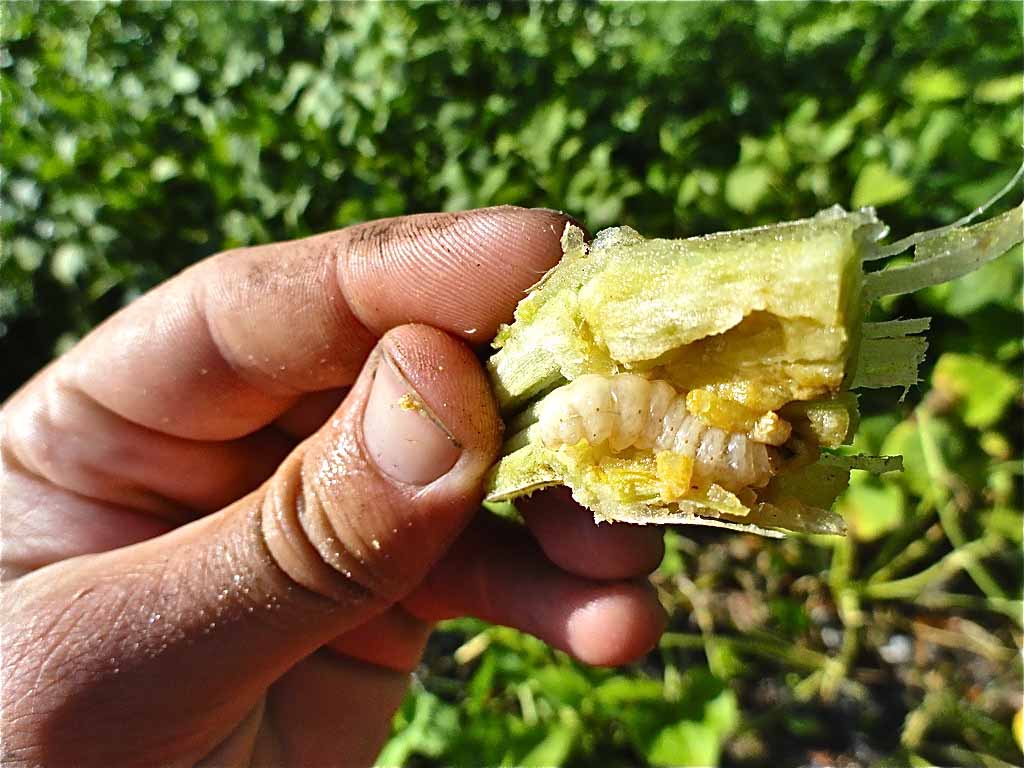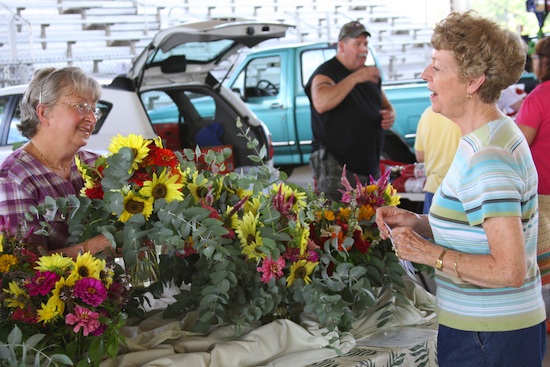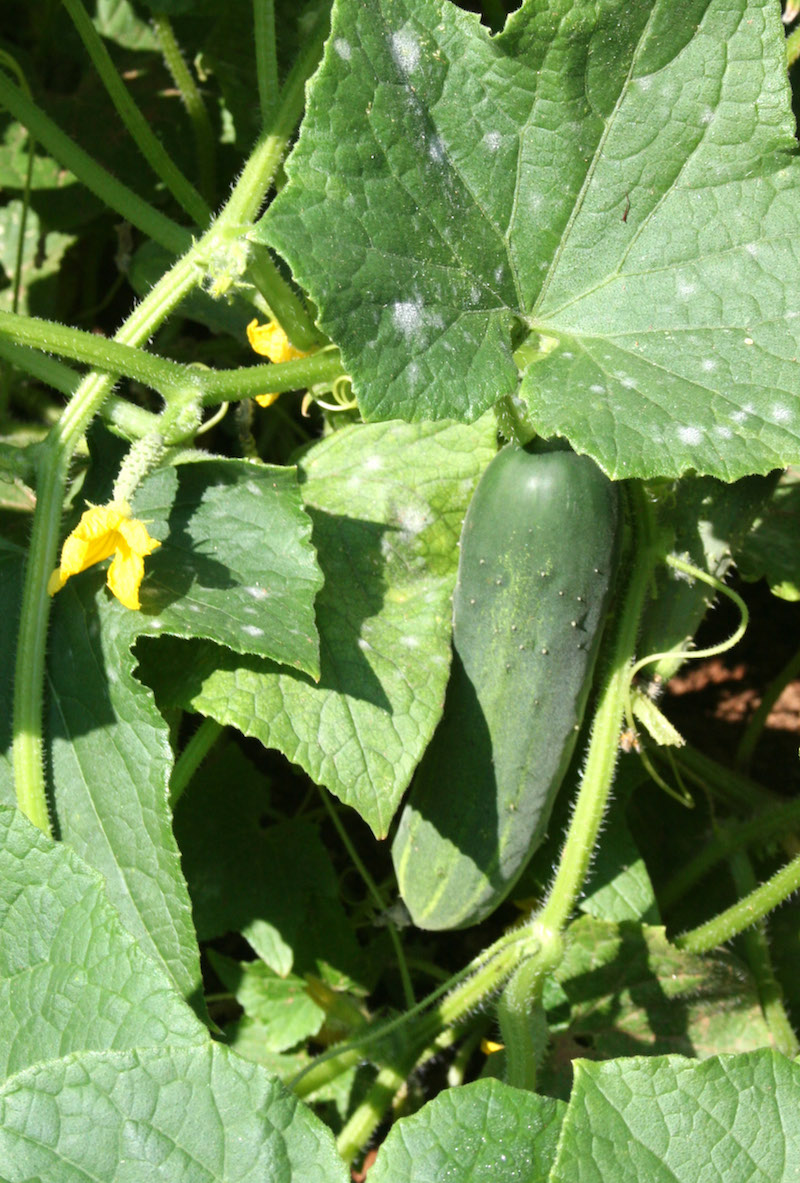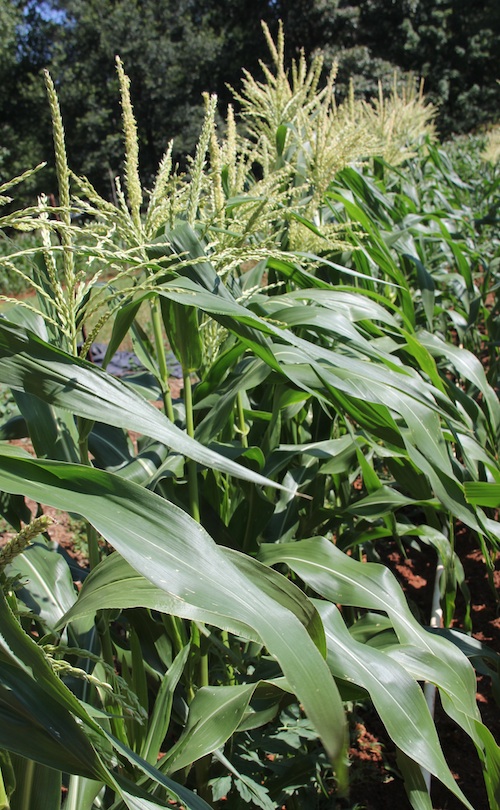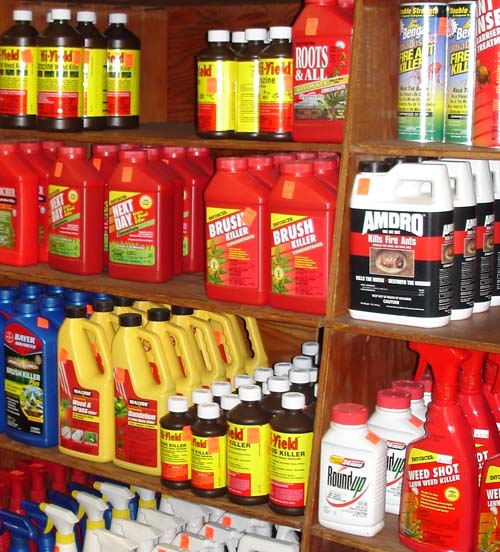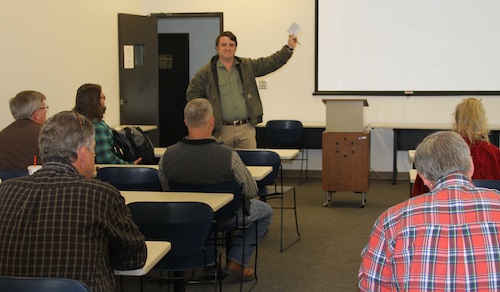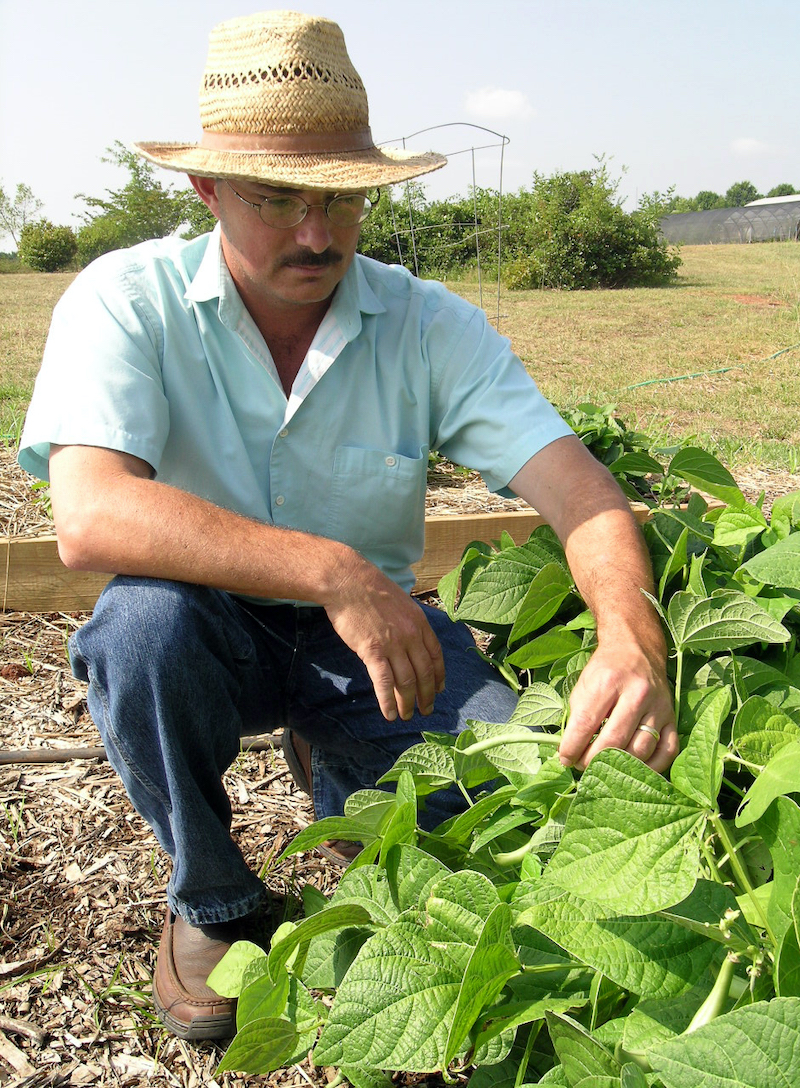 CAES News
CAES News
Seed Shopping
Successful gardeners know that a bountiful harvest in the summer begins with proper planning in the spring. When the weather is still too cold to till the soil, seasoned gardeners are indoors ordering specialty seeds and planning what to plant and where.

